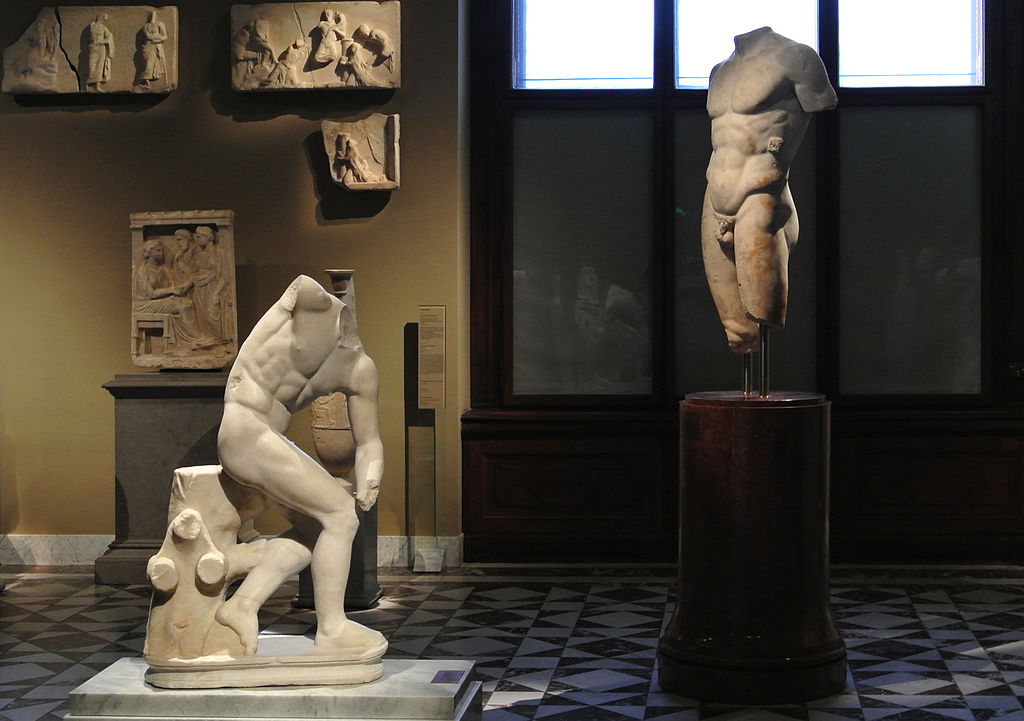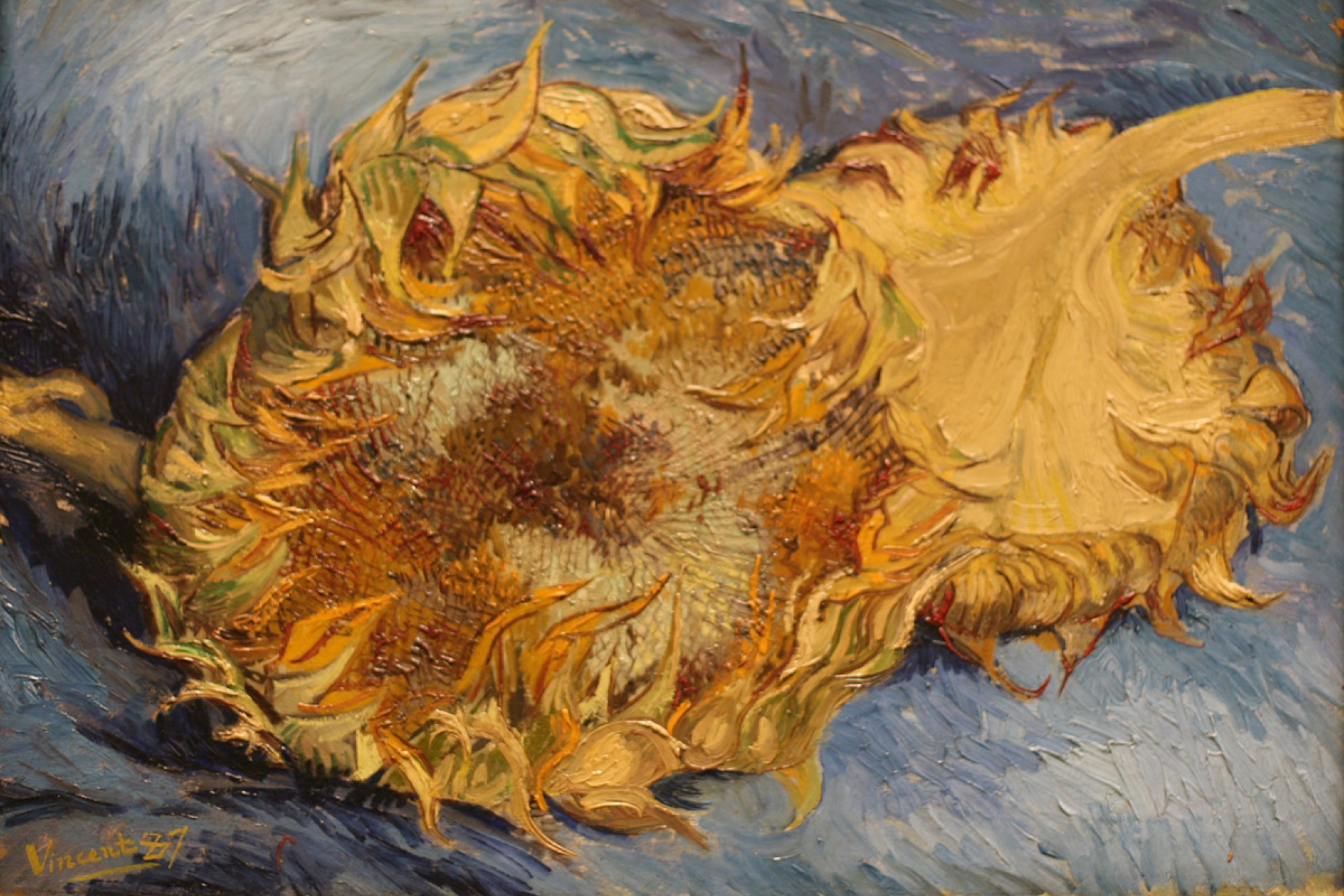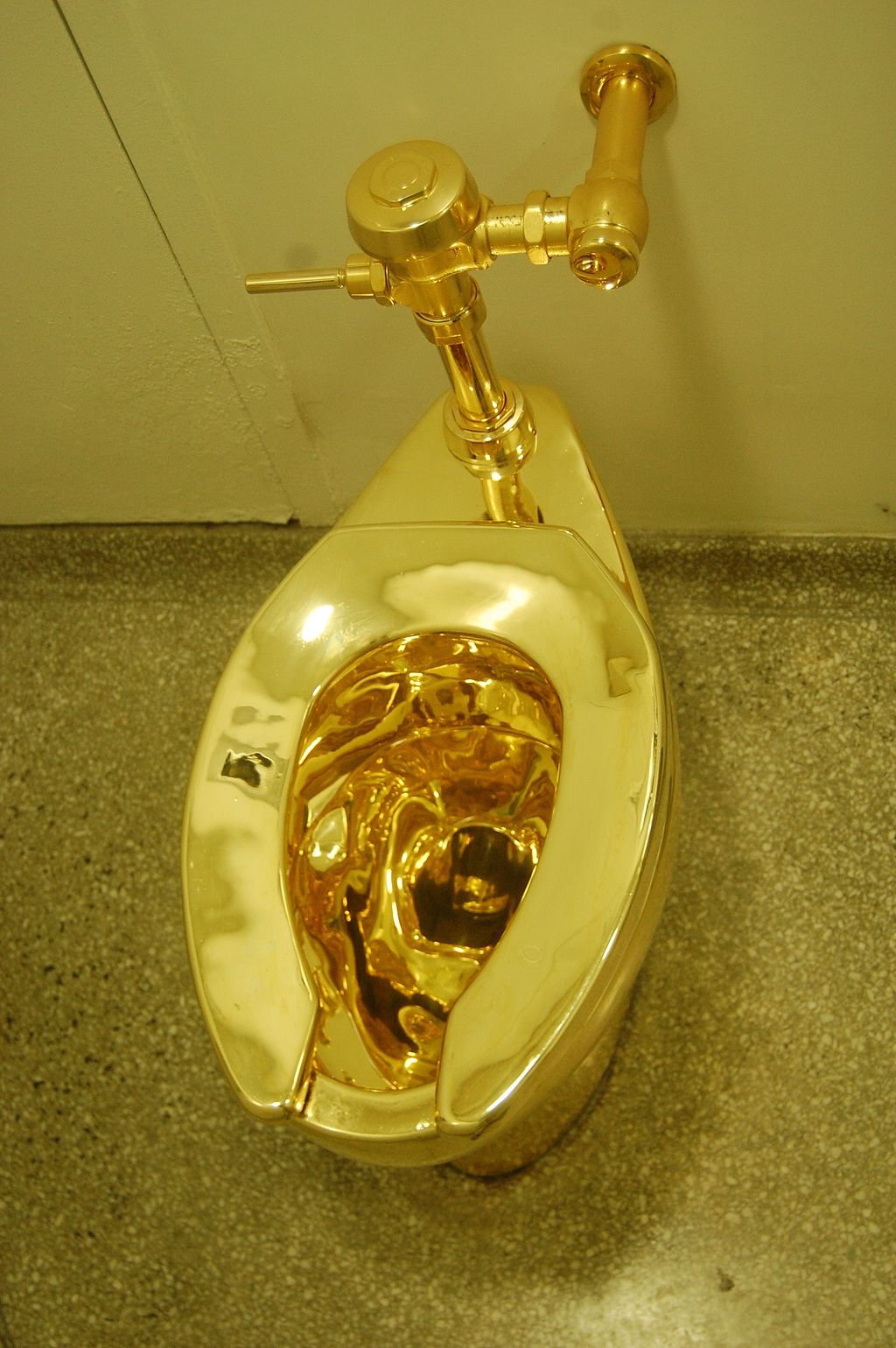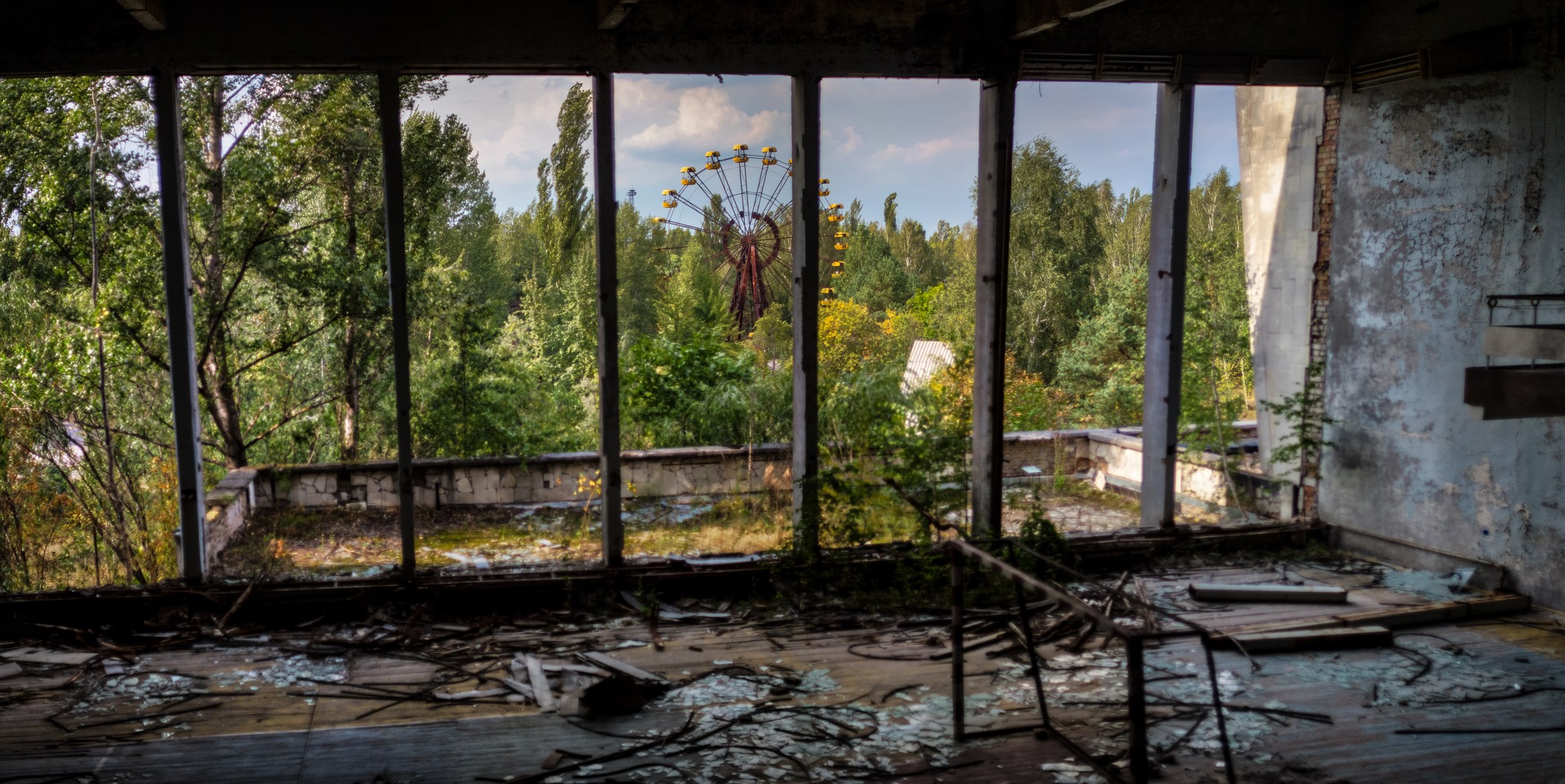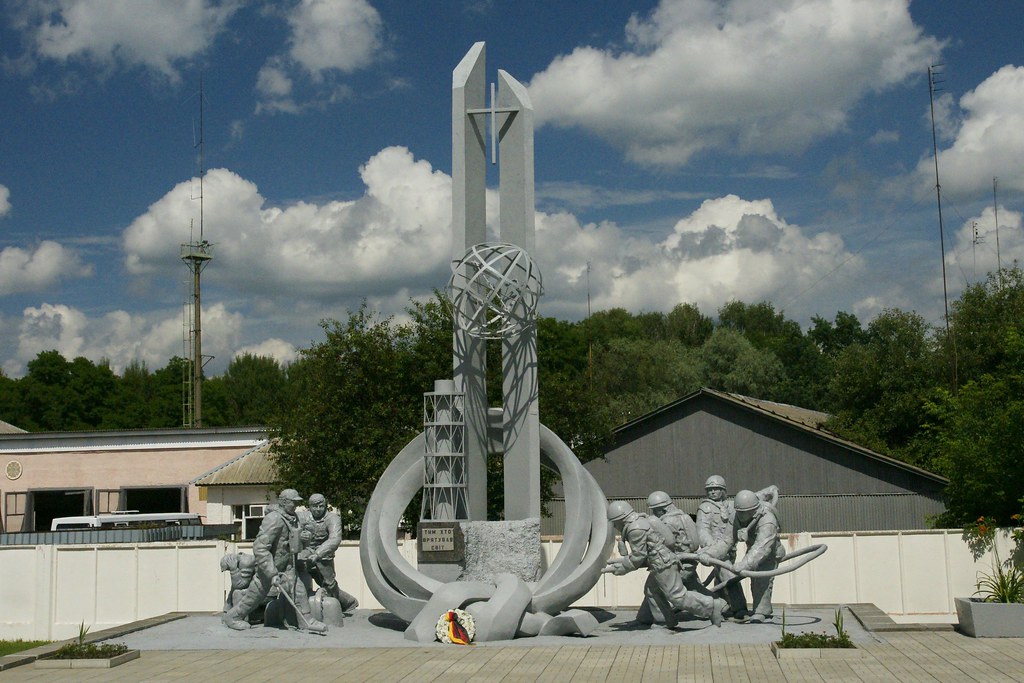Colonialism and the Western Museum
Inseparable from the modern museum is an examination of how the forces of globalization affect it. As audiences of these museums seek increasingly globalized experiences, so too have the collections of museums diversified with collections from around the world. Impressive as they may be, though, such collections bring with them a number of ethical issues. And in the time of ISIS and antiquity black markets, foremost among them is just how such antiquities arrived in the museum’s hallowed halls in the first place.
The problematic sourcing of antiquities and artworks is not a new phenomenon. Since WWII, museum purchases of art looted by the Nazis has been of particular note. Yet the shadow of colonialism has had its effect as well, leading some to critique “universal museums” with global collections as practicing a similar form of cultural theft. Such developments, as chronicled by The Guardian’s Kanishk Tharoor, underscore the key debates surrounding globalized museums.
With thousands of non-Western antiquities, some with ties to illicit sales practices, inhabiting dozens of Western museums, it is easy to see where colonialism may influence the process. However, the process of “repatriating” these artifacts is equally complicated. Tharoor points out that some in Western museums have argued that returning some artifacts would only allow them to be positioned within “narrow, nationalist agendas.” Such debates bring to light questions about who “owns” such antiquities, and whether the motivations in using such artifacts matter within ideas of ownership. For example, is a work of a long-dead Chinese artist still Chinese in the modern sense, and how is the ownership of this artwork changed by its intended contemporary purpose?
In light of current political events, such questions are more relevant than ever. In recent months the Islamic State has taken up a vendetta against historical antiquities, destroying centuries-old buildings and artworks all over Iraq and Syria. As highlighted by DePauw Classical Studies professor Rebecca Schindler, such actions stand to erase thousands of years of Middle Eastern history – a future that holding artworks in museums around the world may help prevent. It could be argued then, that “repatriating” artworks back to some countries may prove counterintuitive.
At the same time, though, the Islamic State’s actions do not focus solely on destruction. Due to declining oil revenues, ISIS militants have increasingly funneled such artifacts onto the black market, where they are bought up and stored for future sale on the antiquities market. Such sales now involve around $300 million in transactions and show few signs of stopping, according to Bloomberg Business.
Clearly, then, the questions surrounding stolen antiquities remain salient. For art dealers and curators, these questions are especially relevant. Would it be ethical to purchase an artifact from the Islamic State, even if it meant giving the group money to finance further crimes? Does an artifact’s preservation outweigh the ethical pitfalls involved in saving it in the first place? And would the answer be different fifteen, twenty or fifty years in the future, when the Islamic State may no longer exist?
While critical, such questions are far from easy to answer. As Tharoor’s article points out, it is all too easy to let colonialist ideas of the West as a haven for civilization color attempts to save conflict antiquities. Yet proponents of the so-called “universal museum” maintain that Western museums are the best place to preserve these works, shielding them from the threat of violence or destruction. In deciding how to proceed, then, curators and collectors alike must be aware of the interplay between protection and colonialism, especially when it comes to evaluating policy surrounding the world’s most vulnerable artworks.

